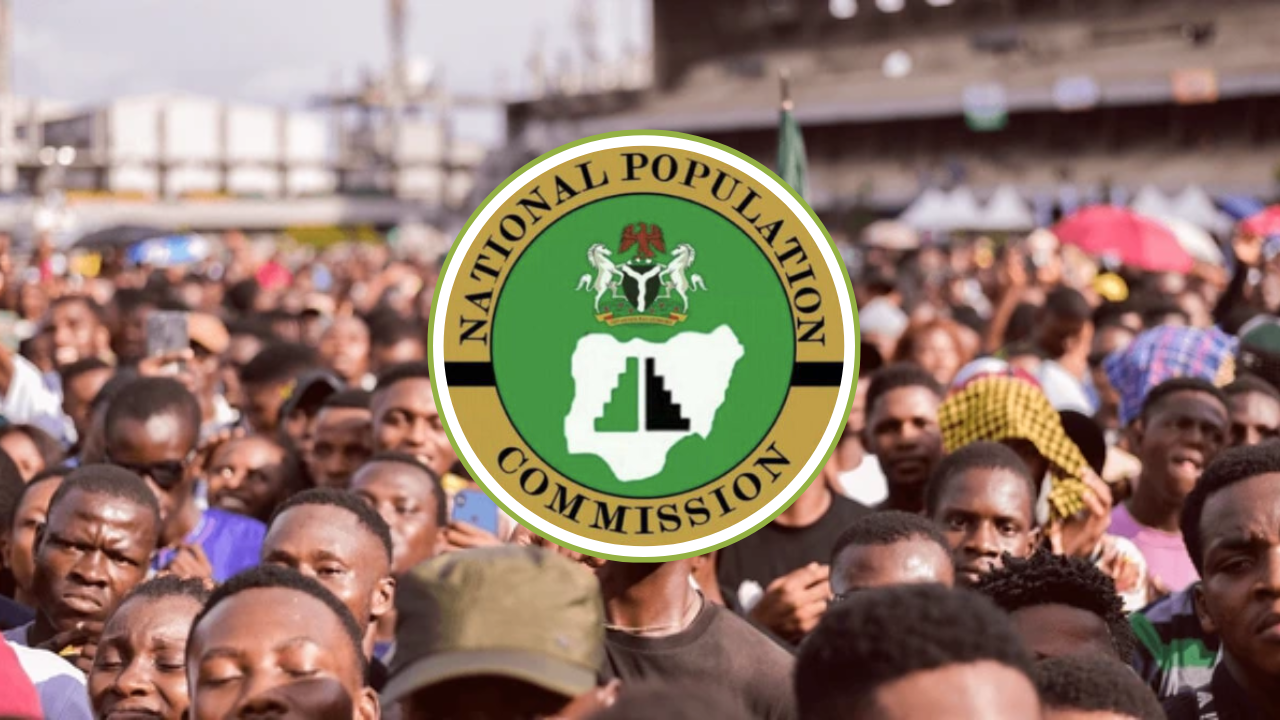YOUTH MATTERS

NPC RAISES ALARM OVER YOUTHS' STRUGGLES WITH EDUCATION, HEALTHCARE ACCESS
The National Population Commission (NPC) has expressed concern over the significant challenges Nigerian youths face in accessing quality education and healthcare. These barriers, coupled with unemployment, gender discrimination, and social marginalization, threaten the nation’s ability to capitalize on its demographic potential.
Speaking during the 2025 World Population Day commemoration, NPC Chairman Hon. Nasir Isa Kwarra warned that unless urgent action is taken, Nigeria risks transforming its demographic dividend into a burden.
“Our youthful and dynamic population could be a catalyst for national progress,” he said. “But to harness this potential, we must remove the systemic obstacles preventing young people from making informed and voluntary decisions about their lives, livelihoods, and reproductive choices.”
Kwarra stressed the need to equip young people with knowledge, provide them with opportunities, and protect their rights. “Empowering our youth isn’t optional—it’s an existential necessity,” he added. “It requires collective action, data-driven policies, and unwavering commitment to justice and equity.”
He also highlighted the Commission’s efforts to improve demographic data for effective policy-making. These include revitalizing the Civil Registration and Vital Statistics (CRVS) system, implementing a digital population and housing census, and establishing a National Geospatial Data Repository.
“We’re collaborating with the Federal Ministries of Health and Interior, along with development partners, to digitally transform birth and death registration nationwide,” Kwarra stated. “This real-time data is already enhancing planning for maternal and child health services, school enrollment, and social safety programmes.”
He lauded the United Nations Population Fund (UNFPA) for its continuous support in advancing reproductive health, strengthening data systems, and promoting youth empowerment in Nigeria. “UNFPA’s partnership has been vital in helping us fulfill our mandate and in building a future where no one is left behind,” he said.
Kwarra called on stakeholders across sectors to unite in creating a supportive environment that enables young people to make informed life and reproductive choices. “Let’s build a Nigeria where every young person has the tools, freedom, and support to shape the life and family they envision,” he urged.
Also speaking at the event, UNFPA Nigeria’s Deputy Representative/Officer-in-Charge, Koessan Kuawu, emphasized the need to prioritize youth empowerment, particularly in the area of reproductive health.
Kuawu argued that the real fertility crisis lies not in population numbers, but in the lack of reproductive autonomy and young people's inability to build families on their own terms. “Financial hardship, limited access to comprehensive sexual and reproductive health services, and societal expectations often curtail their agency,” he noted.
He pointed out that unmet needs for family planning are high in Nigeria: 12.2% among adolescents aged 15–19, and 16.1% among those aged 20–24. Modern contraceptive use among these groups remains low, with only 15% of demand met for ages 15–19, and 30.5% for ages 20–24.
UNFPA, Kuawu said, is advocating for greater investment in young people—through decent jobs, adequate income, and comprehensive sexuality education. He called for generational dialogue and cooperation to support youths rather than blame them for their reproductive decisions.
He further urged the government to ensure universal access to sexual and reproductive health and rights (SRHR), especially for youth. “Let’s break down barriers, not build them—so young Nigerians can thrive and shape a hopeful future,” he said.
UNFPA Nigeria, he reaffirmed, remains committed to strengthening health systems at both national and sub-national levels to deliver quality, inclusive, and rights-based family planning services.
"This represents a significant development in our ongoing coverage of current events."— Editorial Board









